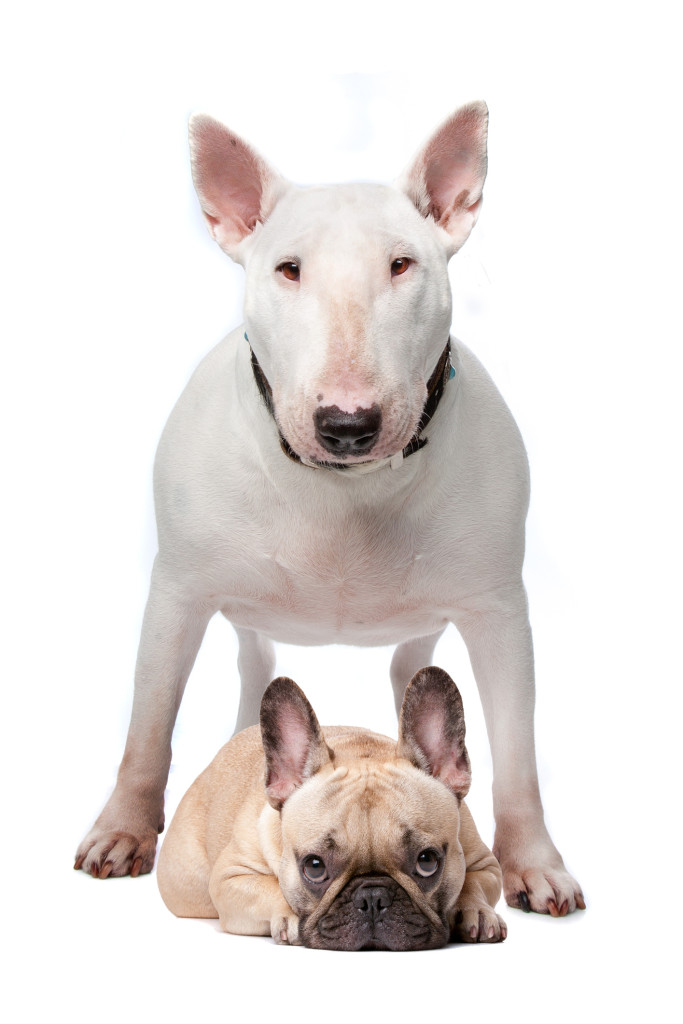Recent Posts
Recent Comments
- Name *Danielle on My cat has squamous cell carcinoma | Dr. Justine Lee, DACVECC, DABT, Board-Certified Veterinary Specialist
- user-399256 on Pet Hoarders: How many cats are too many? | Dr. Justine Lee
- Aileen on Should you get an automatic pet feeder for your dog or cat?
- Name *PP on How to euthanize a dog with Tylenol… and why you don’t….
- slkdj on Pet Hoarders: How many cats are too many? | Dr. Justine Lee
Archives
- February 2022
- August 2021
- December 2020
- November 2020
- August 2020
- June 2020
- May 2020
- April 2020
- March 2020
- February 2020
- January 2020
- December 2019
- November 2019
- October 2019
- August 2019
- June 2019
- May 2019
- March 2019
- February 2019
- January 2019
- December 2018
- November 2018
- October 2018
- September 2018
- August 2018
- July 2018
- June 2018
- May 2018
- April 2018
- March 2018
- February 2018
- January 2018
- December 2017
- November 2017
- October 2017
- September 2017
- August 2017
- July 2017
- June 2017
- May 2017
- April 2017
- March 2017
- February 2017
- January 2017
- December 2016
- November 2016
- October 2016
- September 2016
- August 2016
- July 2016
- June 2016
- May 2016
- April 2016
- March 2016
- February 2016
- January 2016
- December 2015
- November 2015
- October 2015
- September 2015
- August 2015
- July 2015
- June 2015
- May 2015
- April 2015
- March 2015
- February 2015
- January 2015
- December 2014
- November 2014
- October 2014
- September 2014
- August 2014
- July 2014
- June 2014
- May 2014

Do dogs get jealous? | Dr. Justine Lee, DACVECC, DABT, Board-certified Veterinary Specialist
Posted by justinelee in Blog, Fun Stuff
Do dogs get jealous?
Most animal behaviorists say that dogs don’t get jealous, but rather, that we’re anthropomorphizing feelings of jealousy onto our dog. However, if you’ve ever owned a dog, you likely know: they do indeed seem to get jealous! Well, a new study performed at University of California, San Diego finally gives us some proof.
This study looked at 36 dogs and their owners. The researchers had the dog owners do three things:
1) Demonstrate acts of affection to a fake animatronic dog
2) Demonstrate acts of affection to a plastic jack-o-lantern Halloween pail
3) Read a children’s book aloud ignoring their dog
So, what’d they find?
They found that approximately 80% of the dogs physically pushed their owners when they were demonstrating affection to the animatronic dog. Only 40% of the dogs did this when the owners faked affection to the Halloween pail, and only 20% of dogs wanted attention when their owners read out loud while ignoring their dog. In addition, approximately 25% of the dogs acted aggressively towards the fake competing pup, barking at it and even trying to bite it. Only one assumedly needy dog acted aggressively towards the plastic Halloween pail or book.
So what did the researchers say about this? They believed that “dogs do engage in what appear to be jealous behaviors” while also being smart enough to try to “break up the connection between the owner and a seeming rival,” said UCSD psychology professor Christine Harris. Researchers thought that dogs may be motivated to “protect an important social relationship” with their pet owner.

These researchers suggested that these behaviors likely evolved from dogs having to compete with their siblings for paternal resources (e.g., a mammary gland, food, etc.). As we domesticated dogs over time, we two-legged humans likely began to fill this “paternal role” for animals.
More importantly, don’t tolerate or positively reward inappropriate behavior – whether it’s jealousy, dominance, aggression, or anything else detrimental! That’s because attention-seeking behavior can lead to “jealousy-like behavior… that includes aggression in some cases, said Brian Hare, a director of the Duke Canine Cognition Center at Duke University.”
A few hints on how to prevent your dog from getting jealous?
• When you see inappropriate jealous-like behavior, give a simple “No!” command.
• Make sure that you don’t give inappropriate rewards. For example, if your dog is acting inappropriately, don’t reach over to cuddle, “baby talk,” or reward your dog with a treat. This is inappropriately rewarding your dog for that bad behavior!
• When in doubt, consult with a veterinary behaviorist if you’re noticing that this behavior is developing in your dog.
Now that this study has shown us that dogs do indeed show jealous-like behavior, make sure to show equal attention to both two-legged and four-legged! This is especially important when introducing newborn babies with family pets. When in doubt, consult with your veterinarian or a veterinary behaviorist if you’re noticing any inappropriate behavior. The sooner you identify and treat it, the easier it will be to treat!
What do you think? Is your pet jealous? Weigh in!

As previously published with www.pethealthnetwork.com